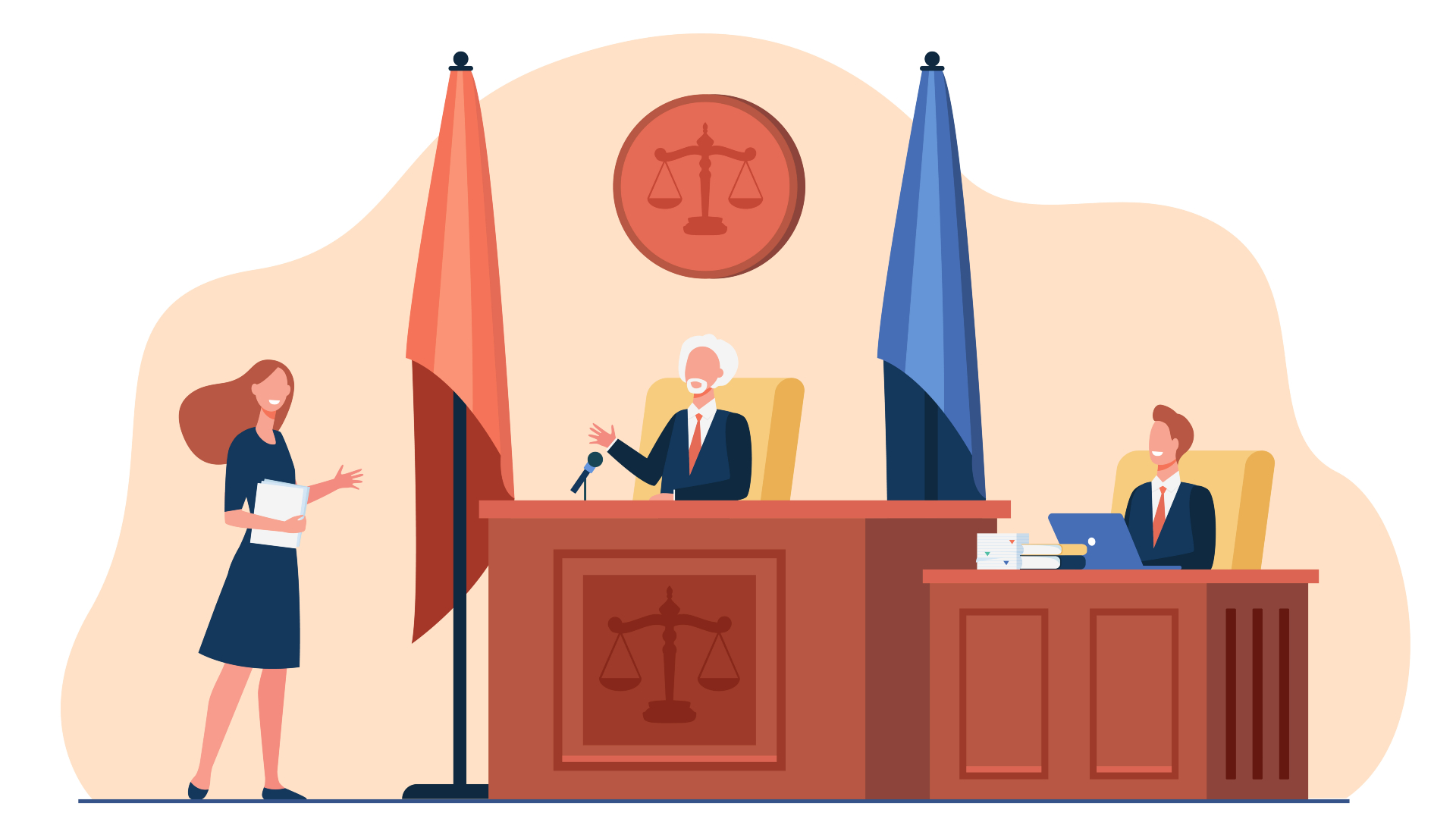Psychological assessments in legal contexts: Are Australian courts screening out 'junk science'?

About the webinar
Psychological testing, based on psychometric science, is often used in court to aid judges in making legal decisions that profoundly affect people's lives. Although judges are required by U.S. law to screen out junk science, many psychological tests that lack scientific validity are nevertheless allowed into court (Neal et al., 2019).
Australian evidence law is more liberal (Edmond et al., 2013) with no requirement for judges to screen the reliability of expert evidence. Yet it is possible that Australian courts overall have higher-quality psychological evidence than U.S. courts for a variety of reasons.
Which country's court system relies on higher-quality psychological evidence? Does the substance of evidentiary rules affect how courts use psychological assessment evidence? What could the U.S. learn from Australia's approach to and experience with psychological assessment evidence in court, and vice-versa?
About our speaker
Tess Neal is an associate professor of psychology at Arizona State University (ASU) and a founding faculty member of ASU's Law and Behavioral Science Initiative. She is a scientist, a licensed clinical and forensic psychologist, and a parent of two young children. She studies the nature and limits of expertise.
Her basic work focuses on understanding and improving human judgment processes, especially among trained experts, and her more applied work focuses on improving forensic experts’ judgments in particular. Her work has been funded by multiple grants from the National Science Foundation, and she has been awarded numerous research and teaching awards.
She serves as editor for the Journal of Personality Assessment and Psychology, Public Policy, and Law, and as an Open Science Advisor for Clinical Psychological Science. She was selected as a Fulbright Scholar in 2022 to conduct a project about how the different evidence laws of the U.S. and Australia lead to similar and different patterns of judicial decision making about psychological evidence with the potential to inform revisions to laws governing the admissibility of expert evidence in both countries.
This webinar is organised by Swinburne's Centre for Forensic Behavioural Science.
For more information, please email Dr Benjamin Spivak at bspivak@swinburne.edu.au or Brett McIvor at info-CFBS@swinburne.edu.au.
Explore other events
-
Research
- Engineering
Campus Surf Sounds
Join us for a first presentation-performance featuring four of Australia's leading contemporary musicians at the intersection of contemporary classical and jazz improvisation, in an evening where music and science interact.
-
Research
- Research Impact
- Health
- Law
- Psychology
5th Australasian Youth Justice Conference 2024. Strengthening Connections: The Power of Relationships and Strong Service Partnerships
In collaboration with the Department of Justice and Community Safety Victoria, the Australasian Youth Justice Administrators (AYJA) will partner with Swinburne University of Technology to deliver the 5th Australasian Youth Justice Conference: Strengthening Connections: The Power of Relationships and Strong Service Partnerships. This three-day conference seeks to bring together policy contributors, clinicians, legal decision makers, advocates, researchers and those with lived experience to work together and learn from each other through presentations, keynote addresses, Q & A, and panel discussions.
-
Thought Leadership
- Innovation
- Entrepreneurship
Learning from Entrepreneurs with Helen Baker
Join us for an unforgettable evening of inspiration and insights at the Australian Graduate School of Entrepreneurship's (AGSE) inaugural Learning from Entrepreneurs event of 2024, featuring the remarkable Ed-Tech Entrepreneur, Helen Baker.

